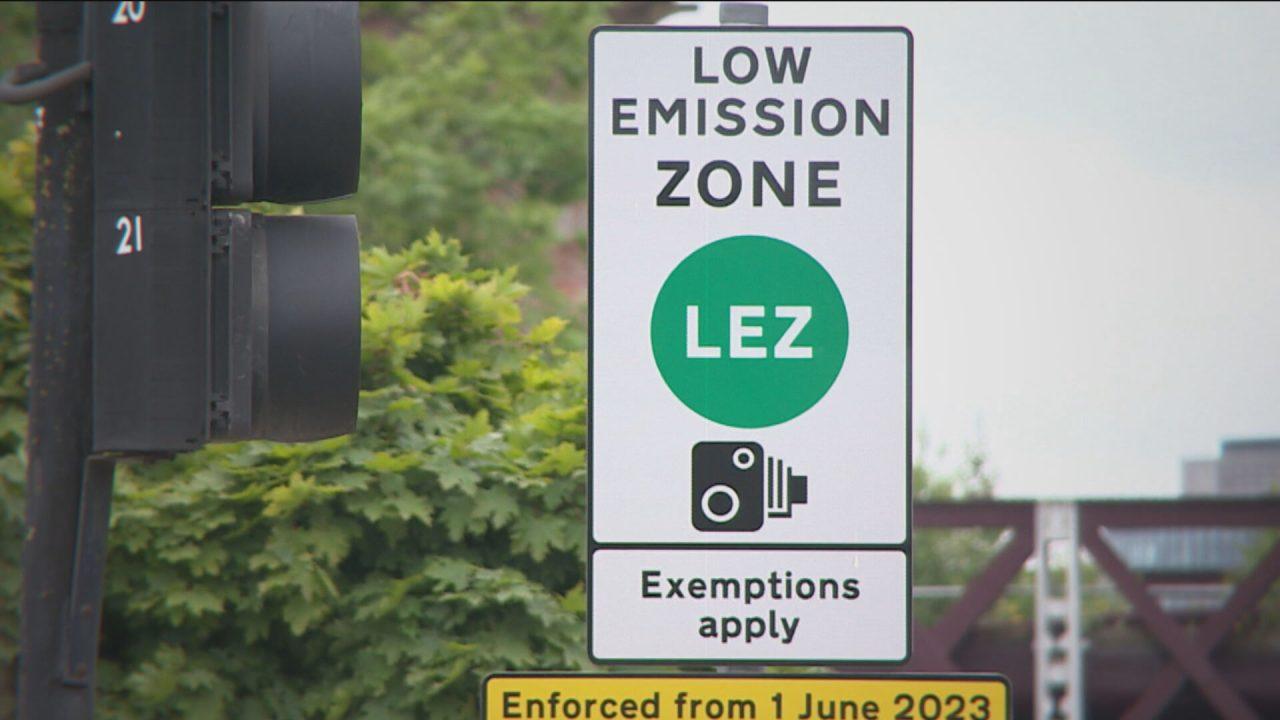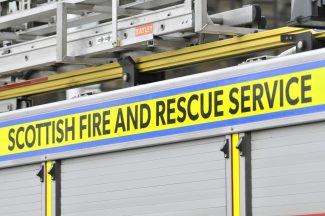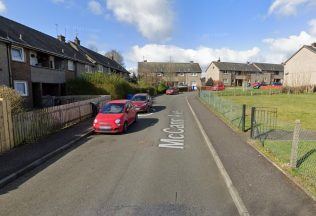Edinburgh Council is to spend £55m replacing over 1,000 vehicles to ensure its fleet is compliant with the city’s new Low Emission Zone.
The major investment, agreed by councillors this week, will also help to reduce carbon emissions in line with the council’s ambitious net zero by 2030 target.
Over 50 refuse collection trucks, as well as street cleaning vans, sweepers and the Lord Provost’s two civic cars are among those set to be replaced.
Whilst many will be swapped for electric vehicles, officials said this was not be financially viable for new heavy good vehicles (HGVs) which will instead have more modern, LEZ compliant engines.
The capital’s LEZ will ban the most polluting vehicles from driving into the city centre from June next year.
It will generally apply to diesel-powered automobiles registered after September 2015 and petrol vehicles registered after January 2006. Rule-breakers will be fined £60 but blue badge holders, emergency services, motorbikes and mopeds are exempt.
The local authority currently owns 801 vehicles and has 547 hired or leased from a third party. The plan to replace two-thirds of the fleet will increase the number of cars, vans and lorries owned by the authority which will in turn create new in-house maintenance jobs.
A report said there were 282 council vehicles on the roads which do not meet the LEZ’s requirements and these would be prioritised for replacement.
“The vehicles listed for replacement will support key frontline services across the council,” it said.
“If approved 27% of the council’s fleet will have been electrified. This percentage compares favourably with other Scottish and UK councils.
“Officers have taken time to review the current fleet establishment to ensure that the council’s fleet is fit for purpose, is aligned to the councils obligations to meet the introduction of the Low Emission Zone in June 2024 and become a net zero carbon city by 2030.”
The overhaul comes with a £56.8m price tag, the vast majority of which – £51.6m – will be borrowed, with £2m coming from disposal of existing vehicles and £3.2m from reserves. Overall, it will cost the council £59.8m over the next seven years including interest payments.
The report said research suggested electric vehicles “will bring material fuel savings” but these were “not being considered in the financial model of this plan for prudence”.
It added: “Any fuel savings will provide additional benefit to the overall budget position.
“There are potential external funding opportunities that the council will continue to explore.
“More recently, these funding opportunities have been aimed at increasing electric vehicle charging infrastructure, however there are still some pots available for vehicle replacement and upgrades which officers are applying for.
“If any such funding bids are successful, this will reduce the amount of capital funding that is required from the council.”
The plan was approved at the Finance and Resources Committee on Tuesday (November 21).
Follow STV News on WhatsApp
Scan the QR code on your mobile device for all the latest news from around the country


 STV News
STV News




















